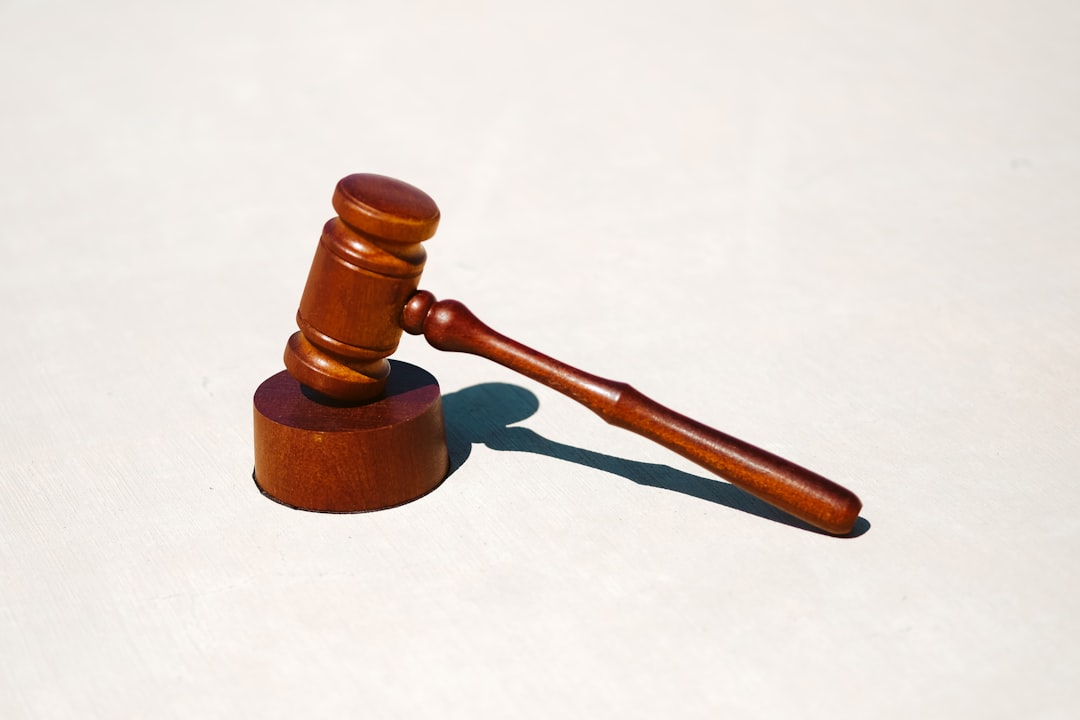In today's digital age, a secure IT setup is vital for law firms to maintain efficient legal practice. Essential law office equipment includes secure computers/laptops, high-speed internet, firewalls, VPNs, and specialized document management software. Best practices in cybersecurity involve encryption protocols, regular updates, multi-factor authentication, and thorough background checks. Choosing the right technology partners who offer end-to-end solutions with ongoing support is strategic for gaining a competitive edge. Regular maintenance, including malware checks, antivirus scans, and timely updates, ensures optimal performance and safeguards against cyber threats.
“Secure your law firm’s digital future with a robust IT setup. In today’s digital landscape, law offices rely heavily on technology, making sensitive data protection paramount. This comprehensive guide explores essential law office equipment for a secure system, best practices to safeguard client information, and the importance of choosing reliable technology partners. Learn how regular maintenance and updates fortify your network against evolving threats. Discover the key components that underpin a resilient IT infrastructure tailored for legal professionals.”
- Essential Law Office Equipment for a Secure IT Setup
- Safeguarding Sensitive Data: Best Practices for Law Firms
- Choosing the Right Technology Partners for Your Law Office
- Regular Maintenance and Updates: Keeping Your System Strong
Essential Law Office Equipment for a Secure IT Setup
In today’s digital age, securing an efficient and safe IT setup is paramount for any law firm. To ensure a robust legal practice, several key pieces of law office equipment are essential components of a secure infrastructure. Firstly, reliable computers or laptops equipped with up-to-date security software are indispensable. These machines serve as the central hub for case management, document preparation, and client communication.
Additionally, a high-speed internet connection is vital to facilitate seamless digital operations. Secure network devices like firewalls and virtual private networks (VPNs) protect sensitive data during transmission and storage. Other critical law office equipment includes secure printers, scanners, and document management software tailored for legal practices. These tools enable efficient document handling while maintaining strict security protocols.
Safeguarding Sensitive Data: Best Practices for Law Firms
In the digital age, law firms handle vast amounts of sensitive data, making robust IT security a non-negotiable aspect of their setup. Protecting client information is paramount to maintaining trust and legal integrity. Implementing strong encryption protocols for both data at rest and in transit ensures that even if access is compromised, the information remains unreadable without the decryption key. Regularly updating software and operating systems is crucial to patching security vulnerabilities, while multi-factor authentication adds an extra layer of protection, ensuring that only authorized personnel can access critical systems and data.
Best practices also include conducting thorough background checks on employees and implementing strict access controls. Secure law office equipment, such as computers, servers, and mobile devices, should be tracked and managed to prevent unauthorized use or loss. Data retention policies and secure backup procedures are essential for business continuity and disaster recovery. Additionally, training staff on cybersecurity awareness can help identify potential threats like phishing attempts and ensure everyone plays a role in maintaining the integrity of the firm’s digital infrastructure.
Choosing the Right Technology Partners for Your Law Office
Choosing the right technology partners is a strategic move for any law office looking to secure its IT setup and gain a competitive edge. It involves evaluating potential vendors based on their expertise in legal tech, understanding your firm’s unique needs, and aligning with industry standards and regulations. Look for partners who offer end-to-end solutions, from hardware and software provision to network security and data management.
The right technology partner should also be able to provide ongoing support and maintenance, ensuring your law office equipment functions optimally at all times. Their services should encompass regular updates, patches, and backups, as well as quick response times in case of cybersecurity incidents or system failures. This ensures uninterrupted operations and peace of mind for your legal team.
Regular Maintenance and Updates: Keeping Your System Strong
Regular maintenance and timely updates are vital components in ensuring your law firm’s IT setup remains robust and secure. Just like any other critical piece of law office equipment, your computer systems and software require consistent care to function at their best. Regular checks for malware, antivirus scans, and patch management for security vulnerabilities are essential practices. By keeping your operating systems, applications, and firmware up-to-date, you fortify defenses against emerging cyber threats, ensuring client data remains safe and confidential.
Moreover, proactive maintenance includes routine backups, system monitoring, and hardware inspections. Regular backups safeguard against data loss and enable quick recovery in the event of a breach or equipment failure. System monitoring tools can detect anomalies and potential security breaches early on, while hardware inspections help identify worn-out components that may compromise the stability and integrity of your network.
To ensure a secure law firm IT setup, it’s essential to invest in robust law office equipment, implement best practices for data protection, carefully select technology partners, and maintain regular updates. By following these steps, law firms can safeguard sensitive client information while leveraging technology to enhance efficiency and productivity. Remember, a strong IT foundation is crucial for navigating the digital landscape of legal services today.
